January 2024 Flourish Newsletter
Happy New Year! This month we are focusing on flourishing by deeply rooted in the spiritual discipline of Journaling. In her book Spiritual Disciplines: Practices That Transform Us, Adele Ahlberg …
Salvation Army USA Western Territory Women's Ministries

Happy New Year! This month we are focusing on flourishing by deeply rooted in the spiritual discipline of Journaling. In her book Spiritual Disciplines: Practices That Transform Us, Adele Ahlberg …

By Major Stacy CrossDirector of Education & Continuing EducationCollege for Officer Training Journal Pages Journal Cover Use scrapbook paper or any heavy weight decorative paper to make cover. Be creative! …

By Major Millie Bearchell, Retired Growing up in a rather large family, 7 kids and two parents, we lived a life that was by today’s standards, “lower middle class.” We …

By Captain Joy GroenleerAssistant Training PrincipleCollege for Officer Training Prior to her retirement, College for Officer Training Officer, Major Millie Bearchell, shared a testimony about her excitement as she began …

For the month of December we are focusing on flourishing by being deeply rooted in the spiritual discipline of Celebration. In her book Spiritual Disciplines: Practices That Transforms Us, Adele …

By Captain Felicia LeMarHilo Temple, HIHawaiian & Pacific Islands Division The Lord your God is with you, the Mighty Warrior who saves. He will take great delight in you; in his love he will no …

By Captain Victoria MercerKaneohe, HI CorpsHawaiian & Pacific Islands Division Context:Before reading the passage of Scripture, it is always important for us to look at the context of the whole …
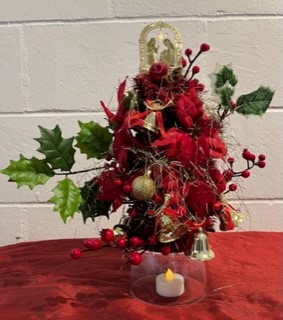
By Major Jasiel TumaleGuam CorpsHawaiian & Pacific Islands Division Materials: Directions:1. Glue the pinecone in a clear bowl.2. Decorate the pinecone with assorted Christmas ornaments.3. Turn on the tea light …
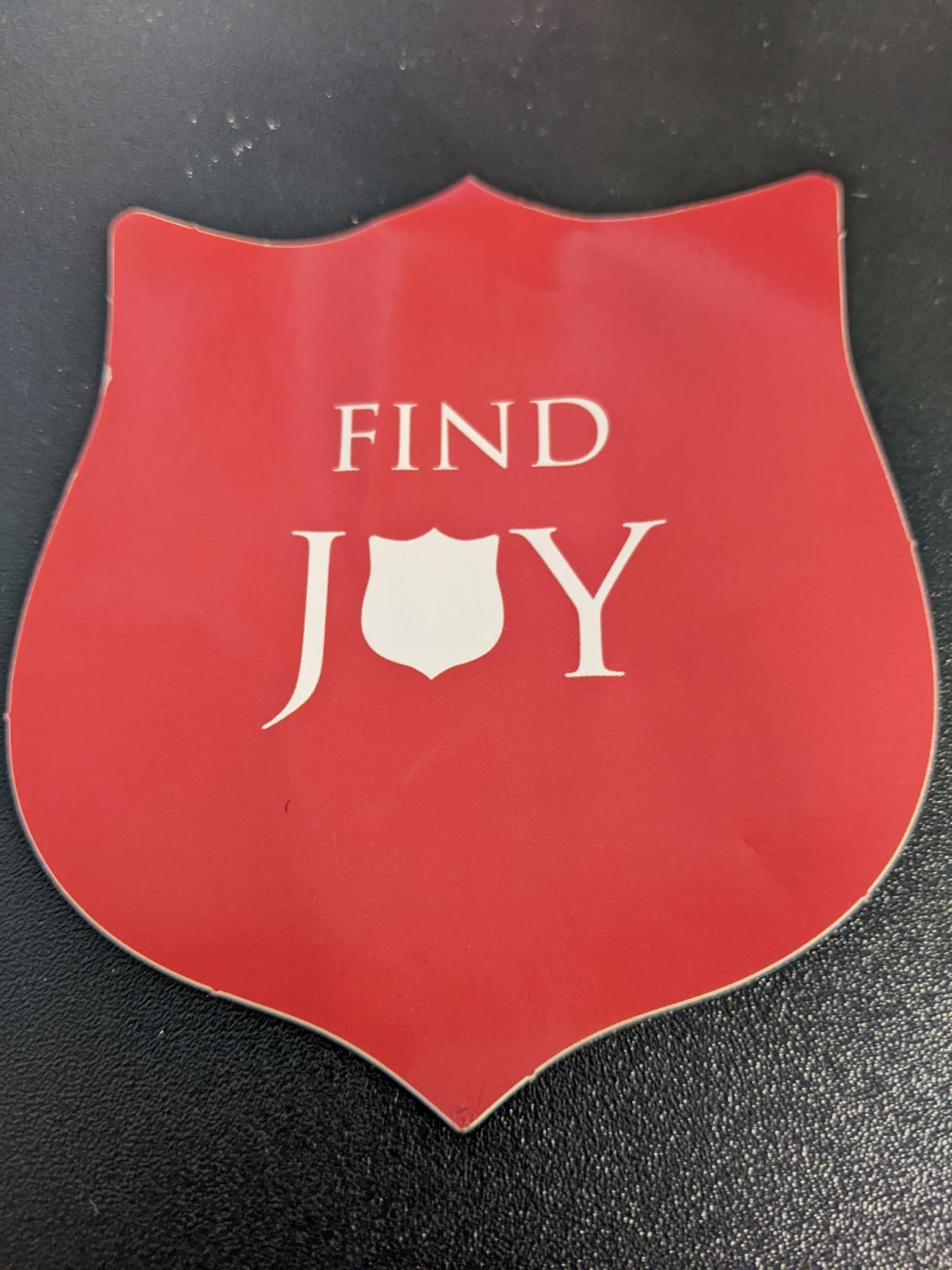
By Major Beth Desplancke Every morning when I walk into Territorial Headquarters to begin my workday, I am greeted with these words: “Find Joy.” What a great reminder as I …
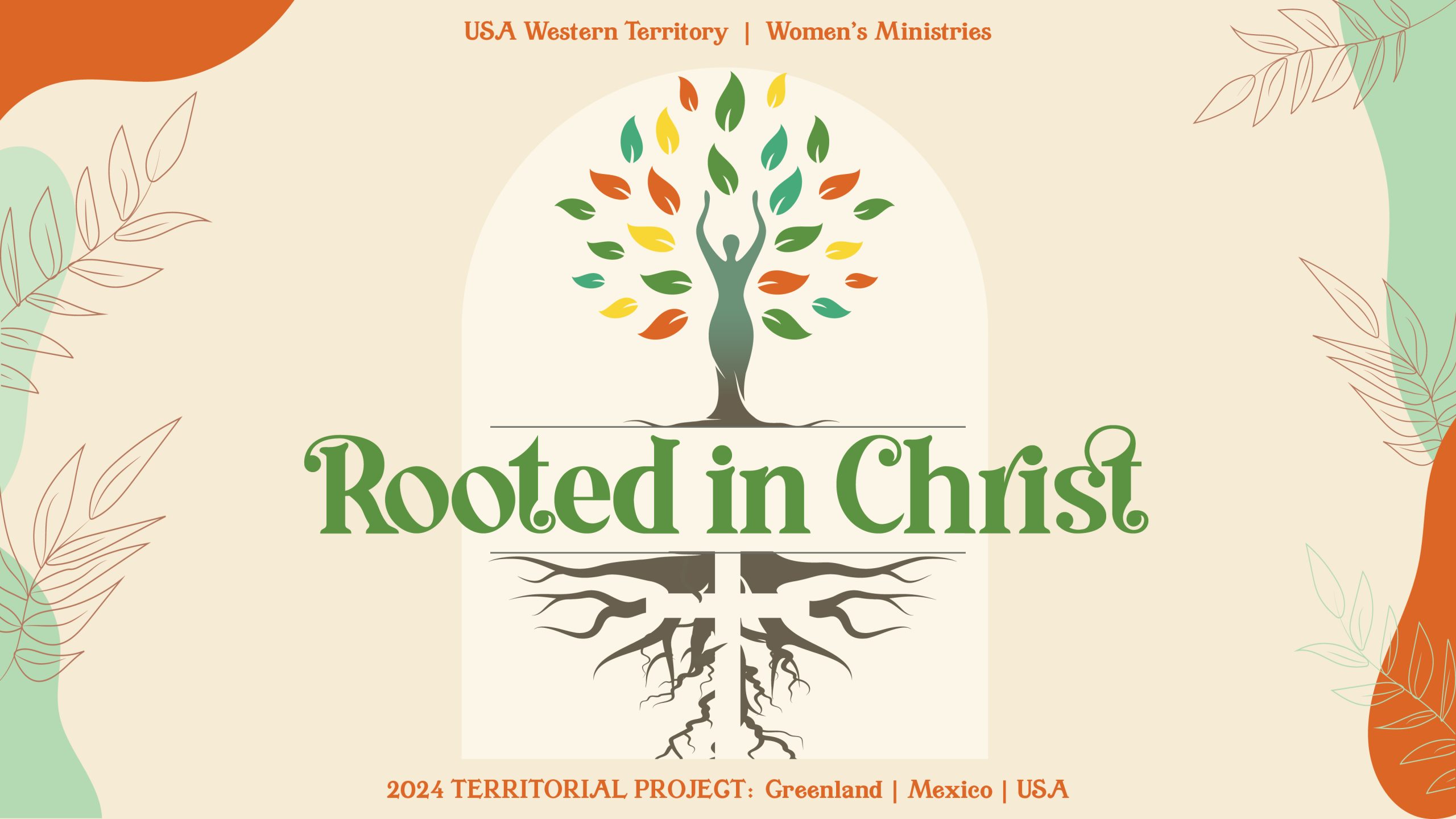
Every year the women of The Salvation Army USA Western Territory are always so generous in raising money for our Territorial Project. This year we are raising money for: Nuuk, …

By Captain Jennifer SwainAdministrator of ProgramSan Diego, CA Adult Rehabilitation Program Supplies*: *Most supplies can be purchased inexpensively at Amazon or the Dollar Tree! How to… Cover your surface with …

By Major Linnea DesplanckeAdministrator for Program Canoga Park, CA Adult Rehabilitation Center Live simply – Remain Grateful I was walking by this shop, and this sign caught my eye. I stood …

By Major Kim WilliamsAdministrator for ProgramPhoenix, AZ Adult Rehabilitation Center Read Daniel 3:1-30 NIV Question: How did Shadrach, Meshach and Abednego show their faith and belief in the God they …

We continue our series on being “Deeply Rooted in the Spiritual Disciplines.” For the month of November, we are focusing on the spiritual practice of Gratitude. In her book Spiritual …

By Colonel Genevera Vincent The dictionary defines Gratitude as “the quality of being thankful; readiness to show appreciation for and to return kindness.” When you come down to it, gratitude …

By Captain Ryan BoydDenver Red Shield Corps, CO – Intermountain Division I once had a friend who asked me what I did on my day off. When I started listing …
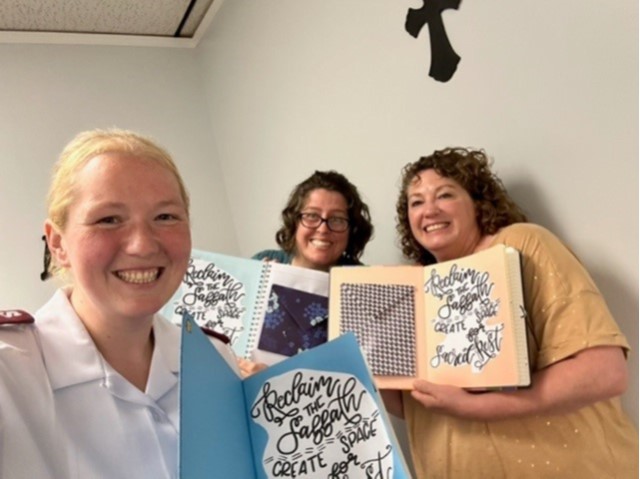
By Captain Amber OhlBozeman, MT Corps – Intermountain Division For me Smash Books are just a more beautiful journal. I think of it as a doodle pad, journal, maybe even …

By Major Karen SchmigSt. George, UT Outpost – Intermountain Division Introduction I’m not sure if you have trouble observing Sabbath in you daily lives? According to research based on Lifeway …

Welcome to the second year of the Flourish Newsletter. Last program year, we focused on flourishing in and through different seasons that we all go through. This year we want …
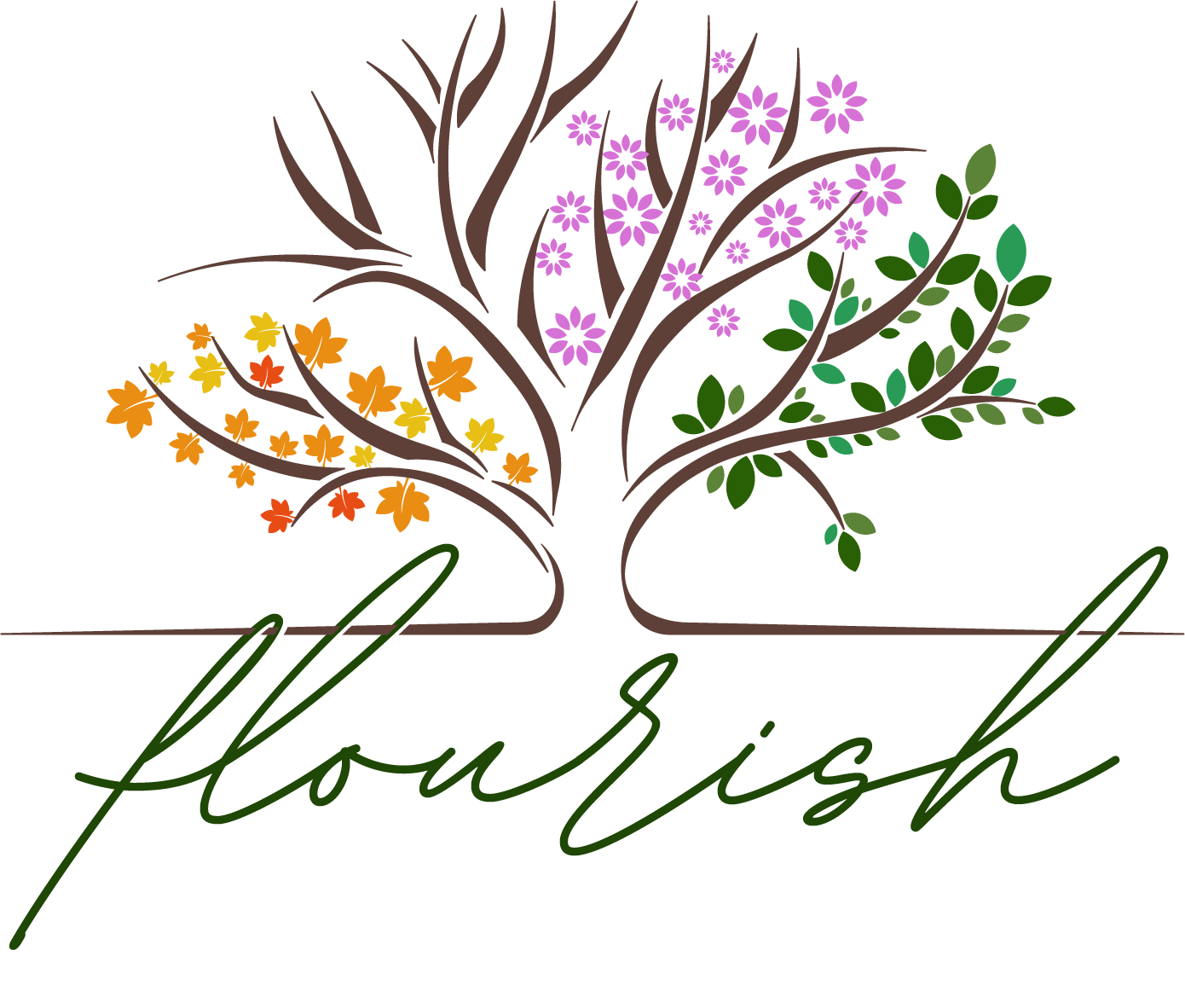
In The Salvation Army USA Western Territory, we want ministry to women to flourish, grow, and thrive. Below are easy links to information on our website, that should answer questions …

The Salvation Army USA Western TerritoryBABY SONG STATISTICAL REPORTING Baby Song is an exciting Salvation Army outreach program for babies, toddlers and their parents. Baby Song provides an opportunity for: …

The Salvation Army USA Western TerritorySTATISTICAL QUICK REFERENCE Women’s Ministries is the umbrella term that covers all ministries offered to women in The Salvation Army, which includes Home League and …

The Salvation Army USA Western TerritoryJUNIOR HOME LEAGUE PROGRAM Junior Home League is a self-esteem development program for girls, ages 11-15 years old. It provides insight to personal improvement and …

The Salvation Army USA Western TerritoryMINISTRIES TO WOMEN SPECIAL EVENTS WOMEN’S SUNDAYIt is encouraged that every corps feature Women’s Ministries Sunday within a program year (October-September). The purpose of the …